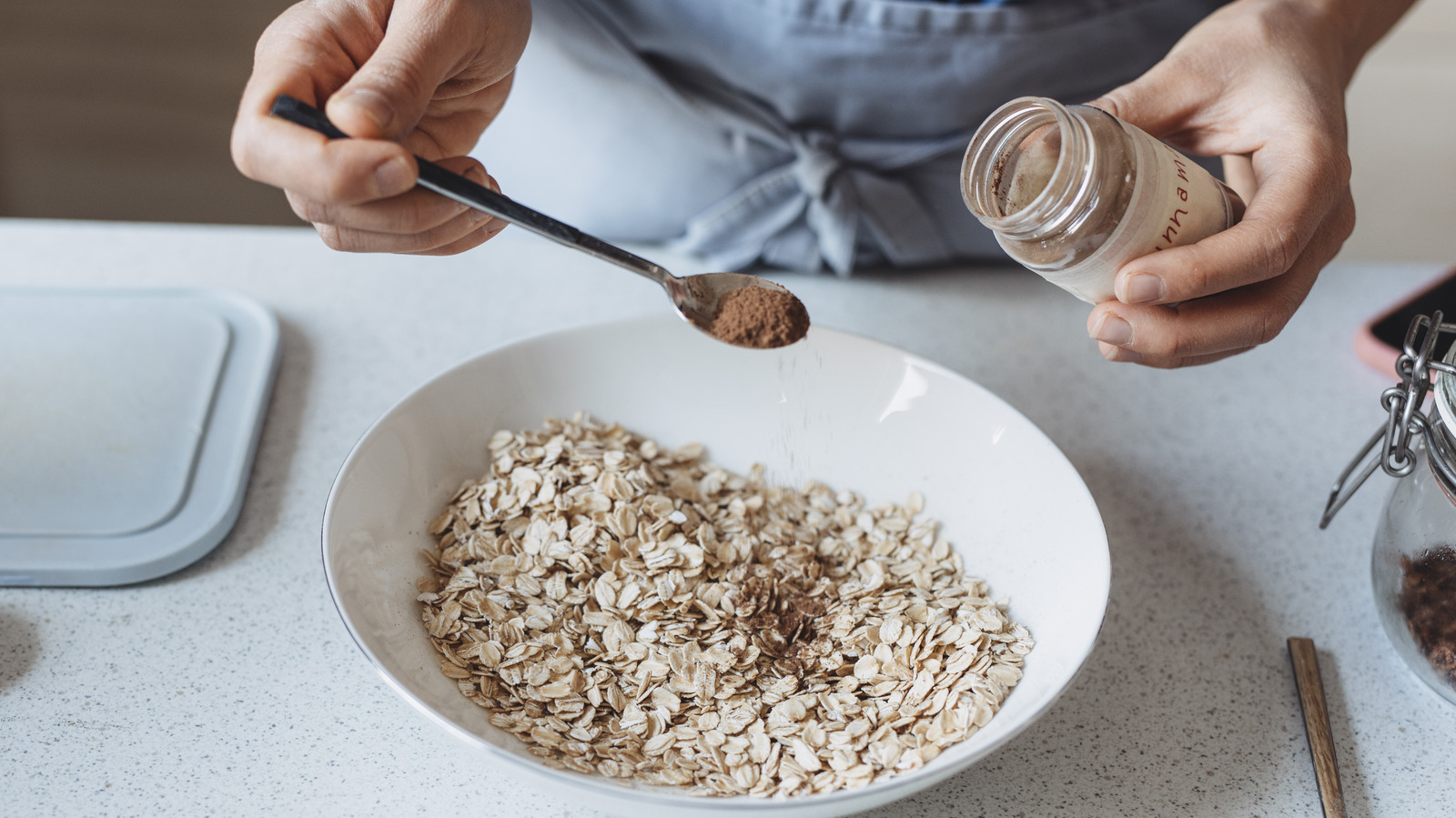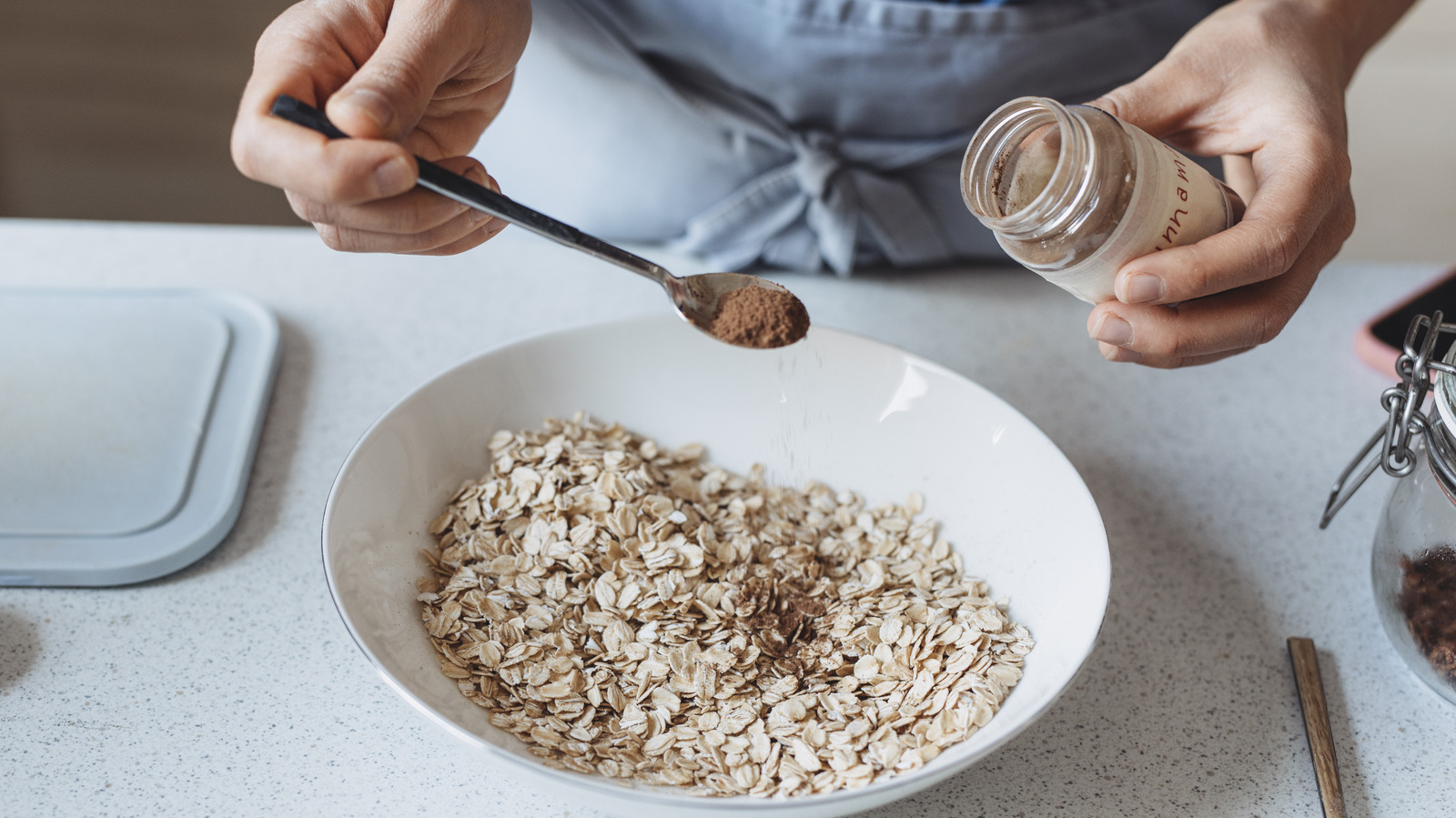
Eating Cinnamon Has An Unexpected Effect On Your Bones – Health Digest

Cinnamon contains a few nutrients that contribute to overall bone health — potassium, calcium, vitamin A, and vitamin K.
Dietary potassium helps maintain bone density by neutralizing acid load and reducing calcium loss, while calcium has always been linked to overall bone health. Whether it’s maintaining bone strength or structure, aiding bone development, preventing the weakening of bones, or combatting conditions like osteoporosis, calcium plays a key role in all of these areas. While the research pertaining to vitamin A and bone health is not entirely clearcut (too much and too little has been associated with negative effects on your bones), average consumption of 2,000 to 3,000 international units (IU) a day is thought to be associated with higher bone mineral density (per Harvard Health), which means lesser chance of fractures. With vitamin K, insufficient levels of this fat-soluble vitamin have been linked to low bone density and increased risk of fractures.
There is another unexpected (and indirect) way in which cinnamon could benefit your bones. It has to do with the spice’s role in treating a chronic inflammatory condition known as rheumatoid arthritis (RA). Rheumatoid arthritis doesn’t only affect your joints. It can have an impact on your skin, eyes, lungs, heart, blood vessels, and bones too. For example, painful swelling that affects your joints can lead to bone erosion. According to a 2018 study published in the Journal of the American College of Nutrition, cinnamon supplements seemed to reduce two proteins associated with inflammation in RA — C-reactive protein (CRP) and tumor necrosis factor-alpha (TNF-a). TNF-a influences cartilage and bone destruction in RA.


